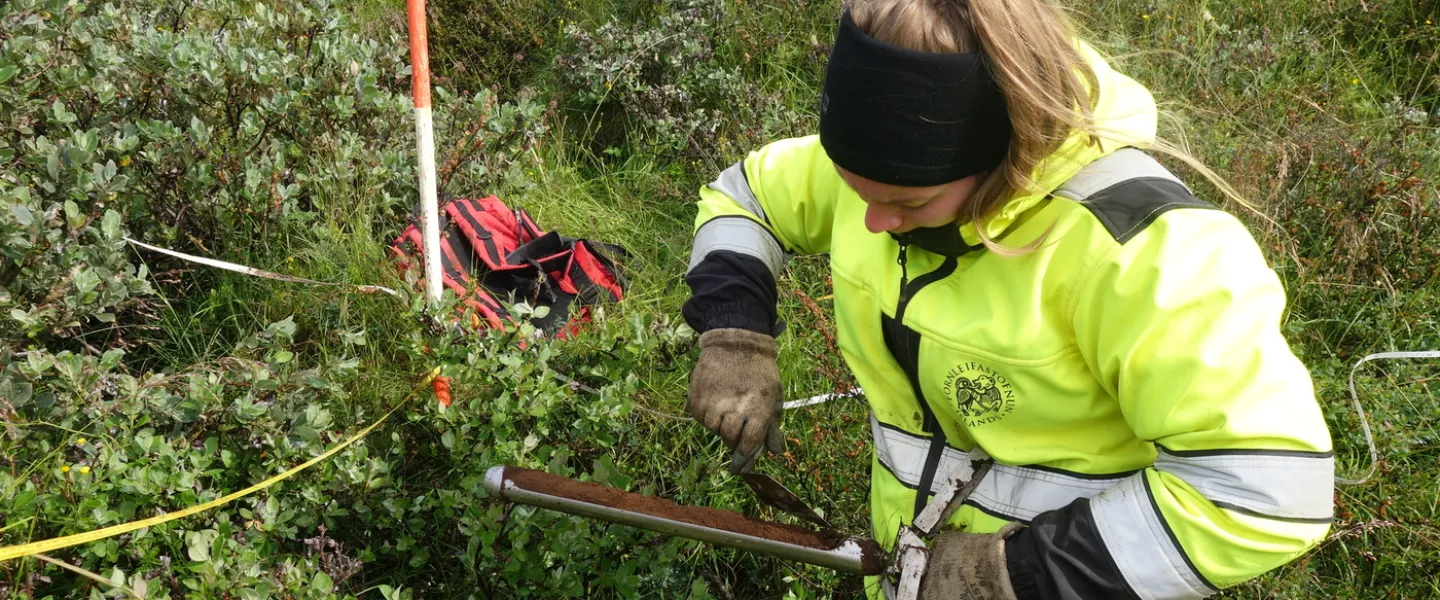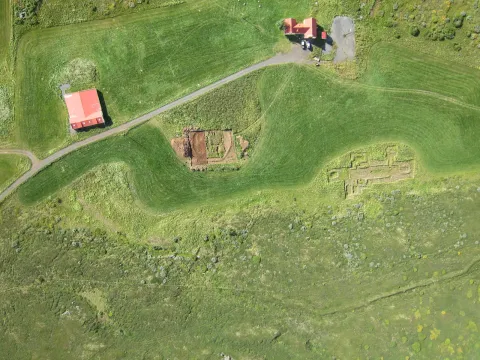
The Universities of Iceland and Hólar are accepting applications to The Archaeological Field School at Hofstaðir, run in collaboration with The Cultural Heritage Agency of Iceland. The school, which will run from July 15th to August 9th 2024, will provide students with hands-on instruction and experience in Icelandic archaeology, various field techniques and post-excavation processes. It also aims to encourage students to develop interests in North Atlantic archaeology, heritage management and how archaeological heritage may be utilised as tourist attractions. Furthermore, it aspires to promote and facilitate research in Iceland by helping students make contacts with relevant researchers and providing advice about potential research projects.
Admission
Applications are welcomed from postgraduate students and advanced under-graduate students (who have completed at least 90 ECTS). Applicants need to have some prior training in archaeology, anthropology and/or cultural history. Preference will be given to students with research interests in the North Atlantic region. Applications will be reviewed by a panel of experts and ranked based on education, experience and research interests/objectives.
Accreditation
The field school is a 10 ECTS accredited course at the University of Iceland or the University of Hólar.
The site
Hofstaðir is located in Mývatn district in northern Iceland. The Mývatn area has seen extensive archaeological work in the past 25 years, with Hofstaðir as its focal point. Archaeological excavation at the site started in the early 20th century by Daniel Bruun and between 1996-2020 the Institute of Archaeology in Iceland completed the excavation of a Viking Age feasting hall as well as a Medieval church and cemetery within the homefield. Also located within the homefield is a farm mound dating to between the late 10th – mid 20th century. Archaeological prospecting as well as coring and trial trenching has revealed several previously unknown sites at Hofstaðir, a third farm site dating to the early settlement period, a 9th – 11th century iron working site and a probable pre-Christian burial ground.
